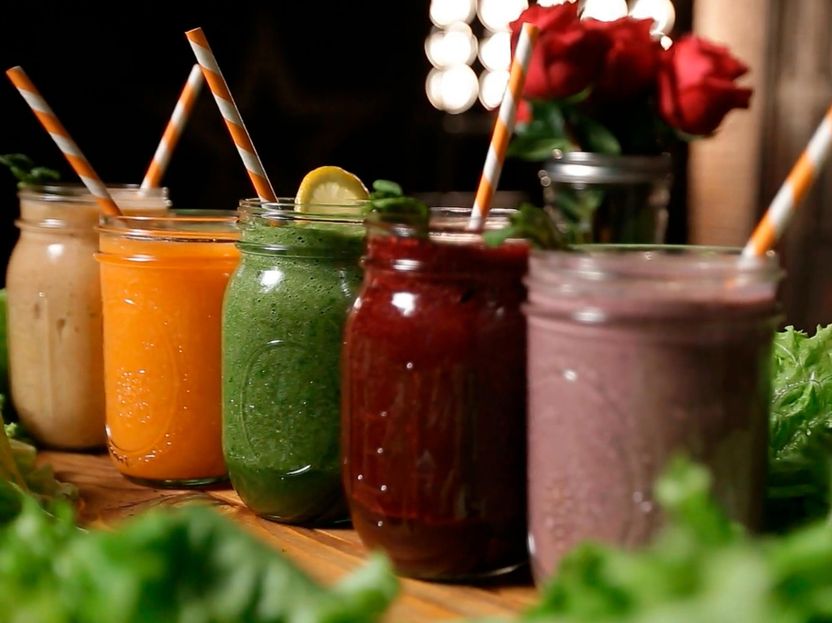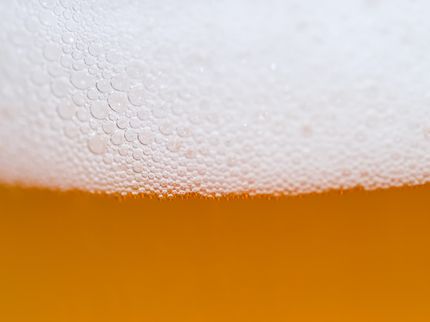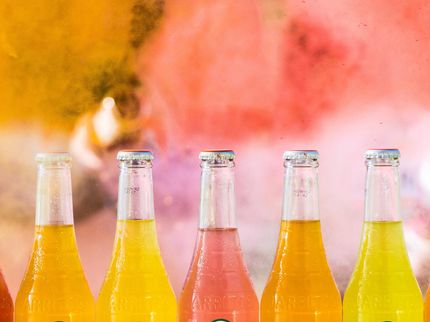Sweet drinks under pressure
Advertisement
In the 2000s, manufacturers such as true fruits and innocent conquered German supermarkets with their juices and smoothies. However, the latest Mintel market analysis shows that sales of juice drinks have been declining steadily for about five years. Only 10 percent of consumers reach for fruit juices with 100 percent fruit content every day, and the figure is even lower for juice drinks and smoothies. What's going on? The Mintel Report on fruit juices, juice drinks and smoothies takes a closer look at an industry where something needs to change.

Photo by Jugoslocos on Unsplash
Without sugar? Yes please!
First of all, the Mintel market analysis reveals an existing purchasing barrier: Consumers in Germany like it healthy, and nearly half are reluctant to buy products with low Nutri-Scores. However, the sugar content of many fruit juices and smoothies is naturally quite high, which is reflected, for example, in the relatively sobering results of Stiftung Warentest: Of 25 brands tested, only six brands scored "good" or "very good" in the latest smoothie test (RND reported).
Who nevertheless decides to buy juice, juice drinks or smoothies, the taste is particularly important. Brands can pick up their customers here with less sweet alternatives. The juice manufacturer Amecke, for example, shows that less sugar content is possible.
Unusual ingredients are also popular with the younger consumer group. Almost 24 percent of respondents under 25 are interested in this. Juices that are based on cocktails are also promising with Gen Z. Around a quarter of young consumers like this idea.
Juice drinks as boosters for the immune system
Most consumers buy juice, juice drinks or smoothies because of the vitamins. This is not surprising; after all, many consumers have become more aware of their own health during the years of the pandemic. Against this background, it is also interesting to note that six out of ten consumers regularly take vitamins and dietary supplements. Manufacturers can take advantage of consumers' health awareness, although caution is required here: a large proportion of consumers prefer natural, plant-based immune boosters, such as turmeric or ginger, to synthetically produced vitamins.
Adding ingredients that have a positive effect on gut health can also work, especially since nearly half of consumers (47%) think that eating foods made with gut-friendly ingredients boosts the immune system. Korean brand OKF, which launched Red, Purple and Orange smoothies with fermented ingredients in late 2021, shows what that can look like.
Juice drinks as food saviors
There is also a big opportunity for manufacturers in the area of sustainability: 77 percent of respondents, for example, would be interested in juices or smoothies that contain fruits and vegetables that would otherwise be thrown away. Saved fruits and vegetables in juice form could therefore appeal particularly to those shoppers who are committed to combating foodwaste.
More sustainability is also strongly desired when it comes to packaging. 84 percent of respondents support the German government's plan to integrate the packaging of juices and smoothies into the deposit system. One example of a manufacturer that already relies on more sustainable packaging is Eckes-Granini: its Hohes C brand is sold in 100% recyclable PET bottles. A pioneer in the deposit system is the innocent brand, which joined the German one-way system in October 2021, even before it became mandatory in January 2022, making 15 million bottles recyclable in that period.
A market under pressure
The Mintel report shows: The market for juices, juice drinks and smoothies is under pressure. Those who want to maintain or even expand their market share should meet consumers' health needs and must get creative with ingredients. More information and untapped manufacturer strategies can be read in the Mintel report.
Note: This article has been translated using a computer system without human intervention. LUMITOS offers these automatic translations to present a wider range of current news. Since this article has been translated with automatic translation, it is possible that it contains errors in vocabulary, syntax or grammar. The original article in German can be found here.






























































